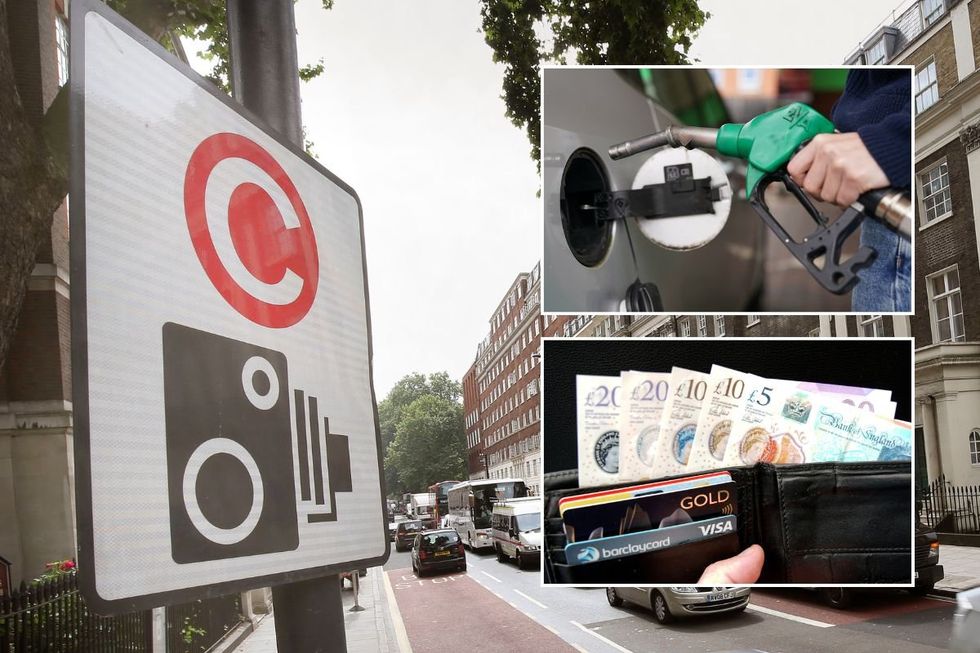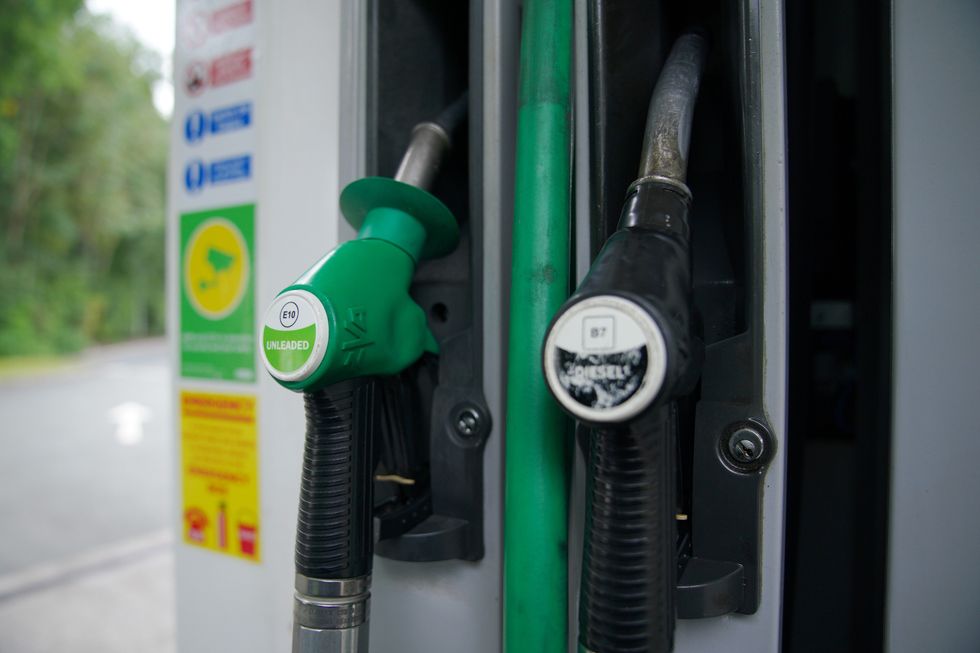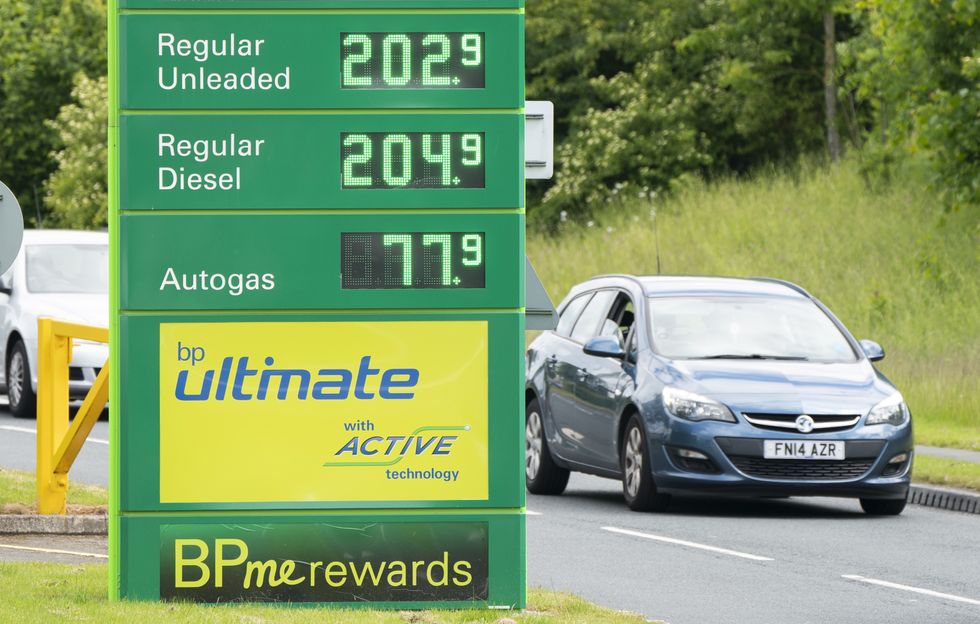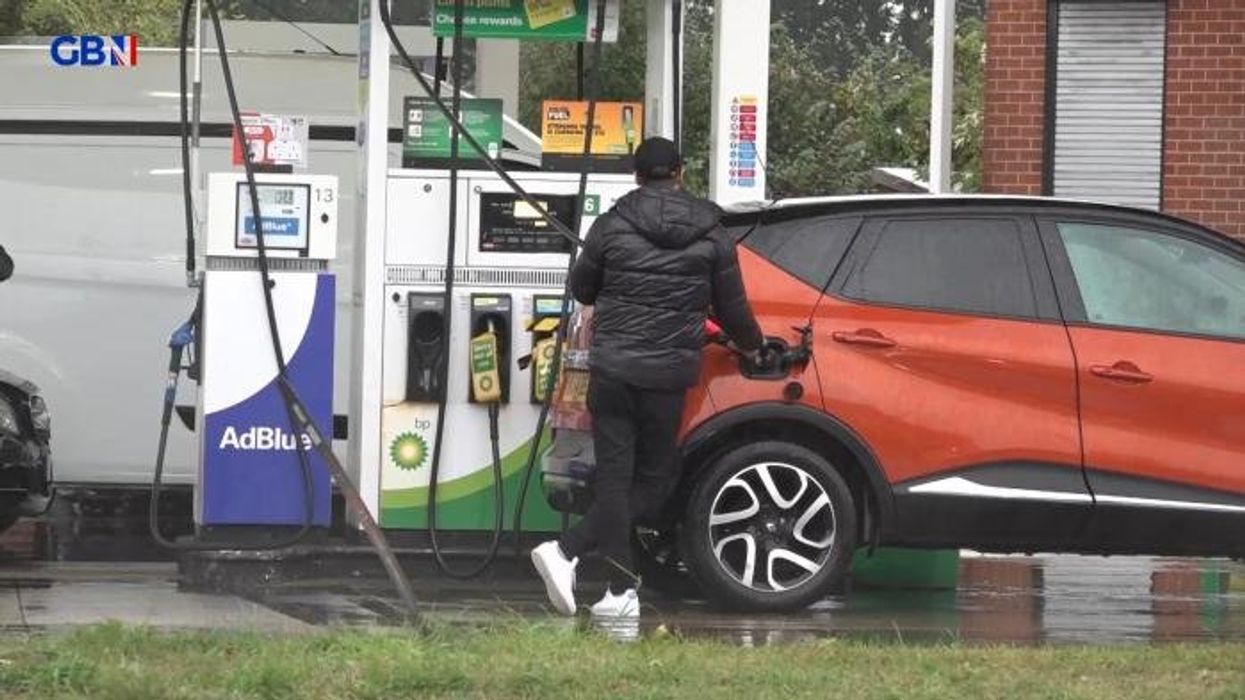Driving law changes launching in October include new £5 daily costs for car owners, licence rules and more

Oxford's congestion charge could see hundreds or thousands of car owners charged £5 a day
Don't Miss
Most Read
Latest
Motorists are being warned about new road rules launching over the coming weeks that could see them pay to use the road, as well as seeing changes at the fuel pumps.
Countless driving laws have already been introduced this year, with drivers often facing new charges like the Dartford Crossing increase in September and new HMRC rules for petrol, diesel and electric car owners.
With new rules being introduced over the coming weeks, GB News has rounded up the most important driving law changes in October 2025 that could impact you.
Congestion charge
Drivers in Oxford will soon be exposed to a £5 daily fee to travel in the city as Oxfordshire County Council attempts to reduce traffic and cut emissions.
From October 29, drivers without a permit will face costs of £5 per day when driving through Hythe Bridge Street, St Cross Road, St Clement's Street, Thames Street, Marston Ferry Road and Hollow Way.
The congestion charge will be in place for no more than two years as the council waits for Network Rail to complete works on Botley Road.

Several critical driving laws will be introduced next month
|GETTY/PA
Only car drivers will be liable for the congestion charge, which will be monitored using automatic number plate recognition (ANPR) cameras positioned in the six locations.
Andrew Gant, cabinet member for transport management, said the city needed to reduce the number of vehicles on the road to "thrive".
He added: "I am delighted that we have now reached this important milestone in implementing the temporary congestion charge in Oxford.
"Together with the significant reduction in congestion that we will see with the temporary charge, the permits will enable those who need to make trips by car, to do so much more easily."

London taxi drivers will be required to take new tests when they renew their licence
| GETTYTaxis
From October 1, all licensed taxi drivers and new taxi driver applicants in London will be required to pass the Taxi Driver Safety, Equality and Regulatory Understanding (SERU) assessment when applying for a taxi licence.
The SERU test covers taxi fares and payments, being aware of equality and disability, afeguarding, driver safety and safe driving, stopping and waiting, and licensing requirements.
All of the topics included in the SERU assessment are based on information in the Taxi Driver Handbook.
LATEST DEVELOPMENTS:
Transport for London said it was making the changes to ensure all London taxi drivers were complying with "standards regarding safeguarding and English language skills".
The Department for Transport's statutory taxi and private hire vehicle standards outline that a lack of language proficiency could impact a driver's ability to understand written documents.
In these cases, the driver could face difficulties relating to the protection of children and vulnerable adults, which could be identified as signs of exploitation.
It adds: "A licensing authority's test of a driver's proficiency should cover both oral and written English language skills to achieve objectives."

The energy price cap will rise at the start of October
| PAEnergy price cap
Regulator Ofgem will introduce a new price for the energy price cap at the start of the month, which could see drivers pay more than they expect.
Between October 1 and December 31, the energy price cap will be set at £1,755 per year for a typical household, which is a two per cent increase compared to the previous quarter.
Experts have warned that drivers who charge their electric cars at home could face more expensive charges, especially if they are not making use of EV-friendly tariffs.

Experts have warned that motorists are continuing to be ripped off at the pumps
| PAFuel Finder
October could be the month that drivers see a fall in the price of petrol and diesel as motorists benefit from the Government's Fuel Finder scheme.
Labour has confirmed that it plans to introduce the tool that would require major retailers and supermarkets to publish data of their live fuel prices within 30 minutes of any changes.
Research included in last year's Autumn Budget suggests that the scheme could help drivers save between one and six pence per litre.
 The Fuel Finder tool is expected to launch later this year | PA
The Fuel Finder tool is expected to launch later this year | PAIt comes as the Competition and Markets Authority (CMA) highlights that retailers and supermarkets were not passing savings on to drivers, despite global oil prices falling.
A Department for Energy Security and Net Zero spokesperson told GB News: "Fuel Finder is on track. Retailers must give drivers a fair price for their fuel, by passing on any savings at the pump.
"Fuel Finder will ensure retailers share real-time prices, making them more accountable to drivers.
“We have also given the Competition and Markets Authority powers to monitor competition in the road fuel market, to make sure people aren’t being charged rip-off prices when they fill up."











